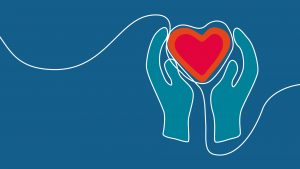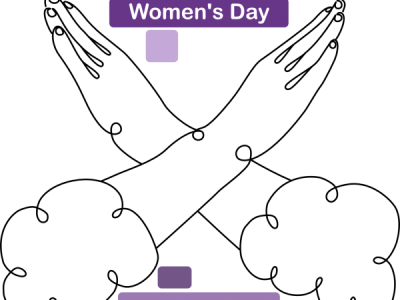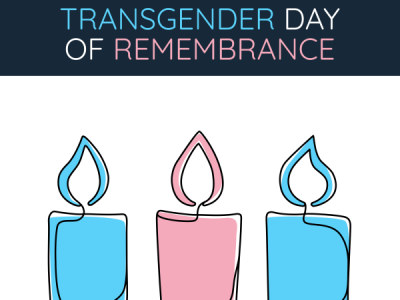Transgender Day of Visibility
A few decades ago, it was difficult to find positive representation for diverse groups of people such as the LGBT+ community. Growing up in the 1980s, LGBT+ characters on television or film were often portrayed in a negative way, playing roles such as the villain or being constantly ridiculed. The lack of positive representation left many with deep rooted shame and guilt, living in denial of their true selves. The social pressures of being LGBT+ sadly have led to substantially higher rates of self-harm and suicidal ideation in comparison to the general population.
With the abolition of laws such as section 28 in the UK, the stigma associated with being part of a diverse minority has begun to decline. Over time the inclusion of positive role models in extremely visible vocations such as politics or entertainment have meant that the negative connotations of being associated with being LGBT+ is beginning to wane.
In the same way as other sections of society are celebrated with a particular day to raise awareness of the issues faced, there are also days allocated to the LGBT+ community with the 31st March being the Transgender Day of Visibility (TDOV). As well as raising an awareness of the issues, it also helps people struggling with their identity to see they are not alone.
There are other ways that awareness is being increased such as the Diversity Role Model (DRM) project which aims to reduce bullying in schools. Their mission is simple and clear;
Our mission is to create an education system in which every young person will know they are valued and supported, whoever they are
As part of Rowe IT social-values programme, I was lucky to be involved in some of their amazing work and see how different today’s schools are compared to when I was young. Each session they run creates a safe space for a class of students where they can talk openly and ask questions without fear of ridicule. The course facilitator talks though protected characteristics and how bullying can affect self image. Games also which help highlight stereotyping and how we all judge others based on our own preconceptions.
One of the most important parts of the session involved a member of the LGBT+ community telling their story in a deeply personal way. Children were encouraged to ask questions in an anonymous way to prevent any awkwardness and they showed a real understanding of the issues. All this was unthinkable in the 1980s and showed the progress we are making as an inclusive society. It was easy to see the benefit this would bring to the mental well-being of future generations and something we should all support moving forwards..



